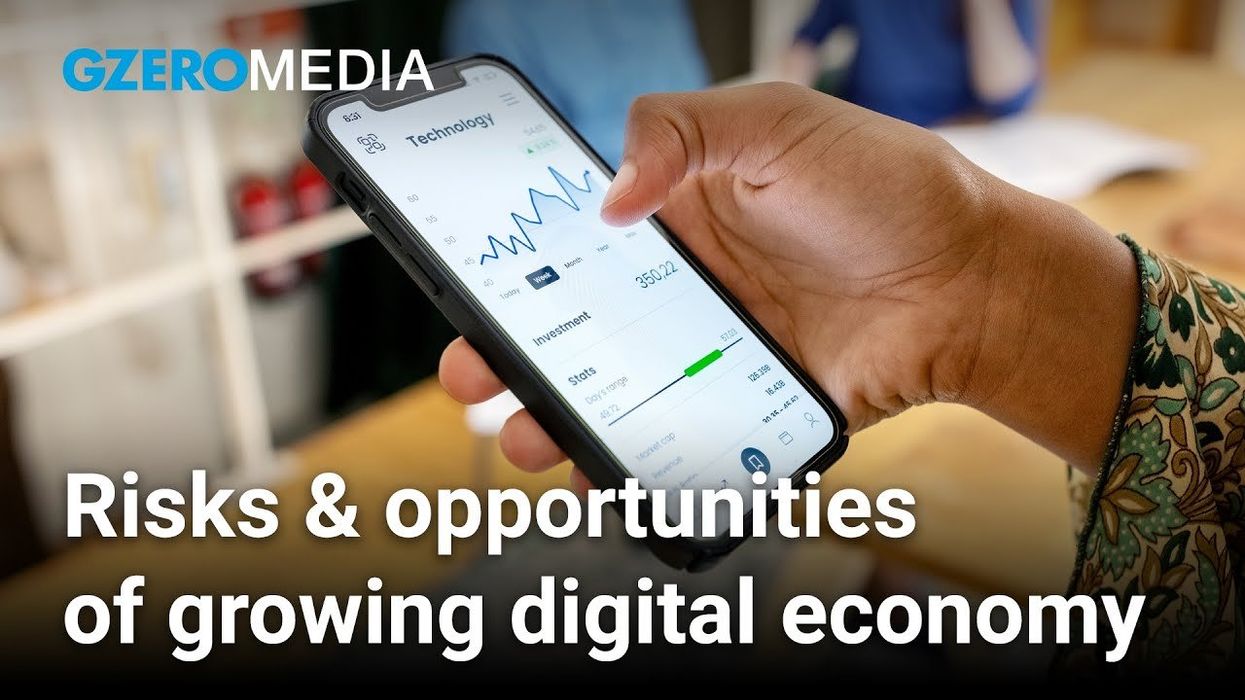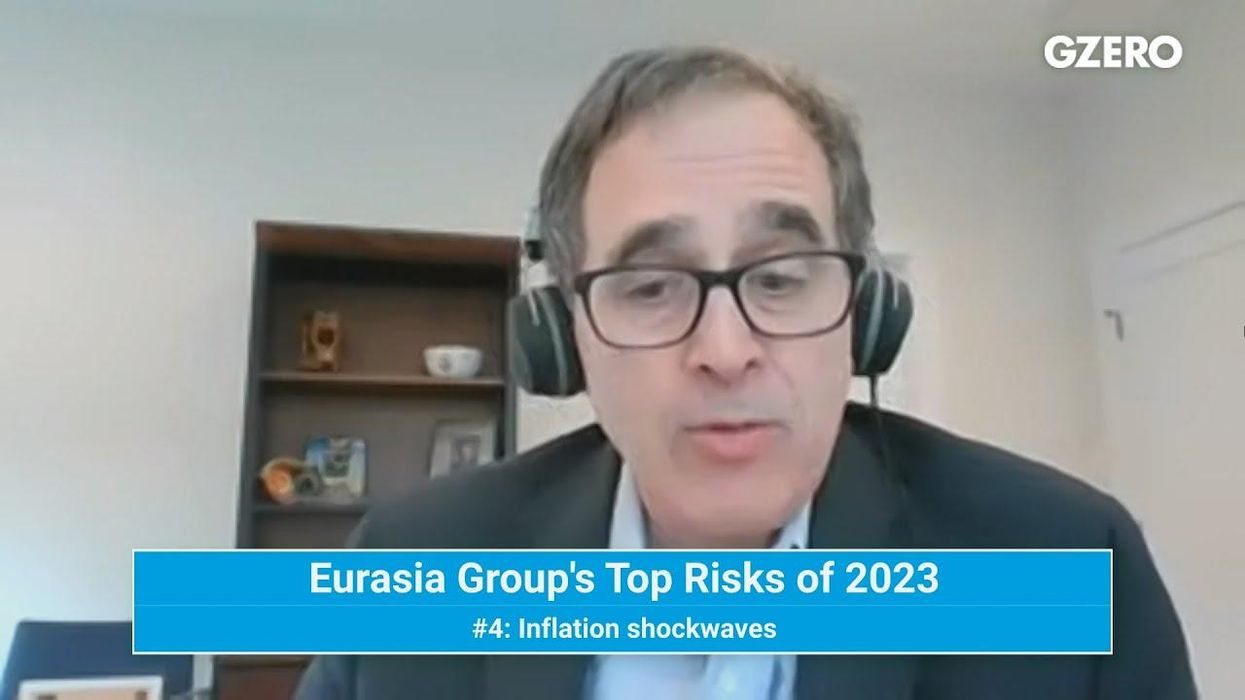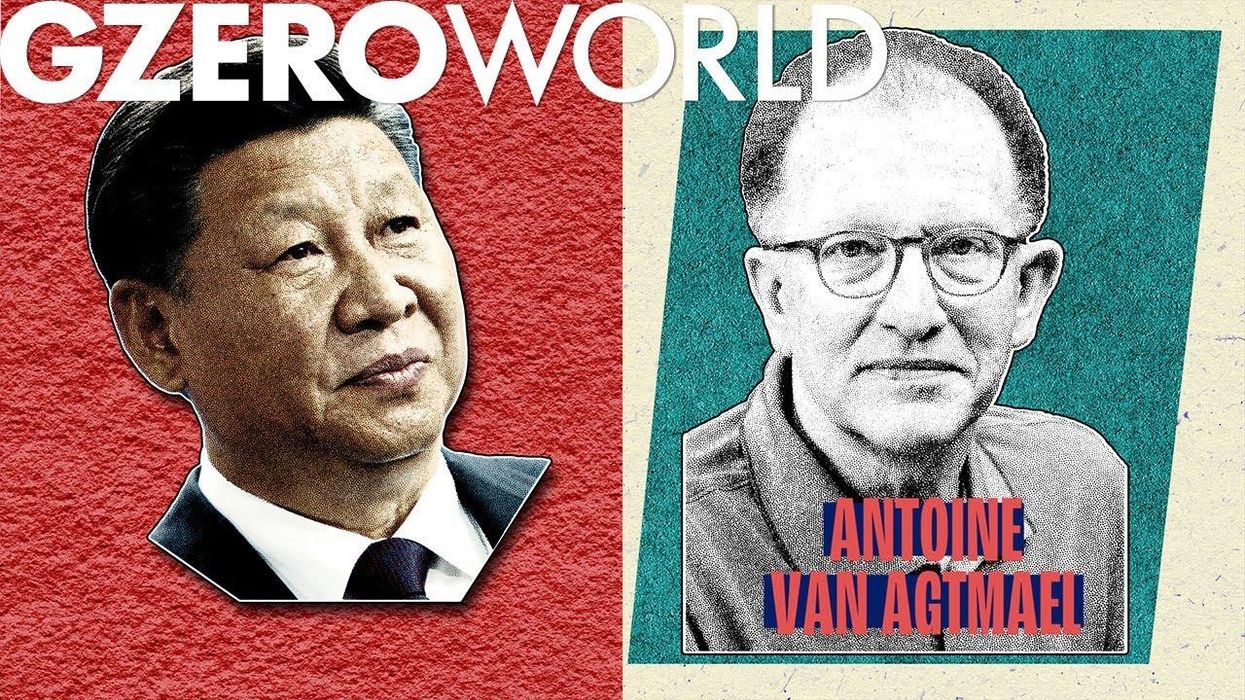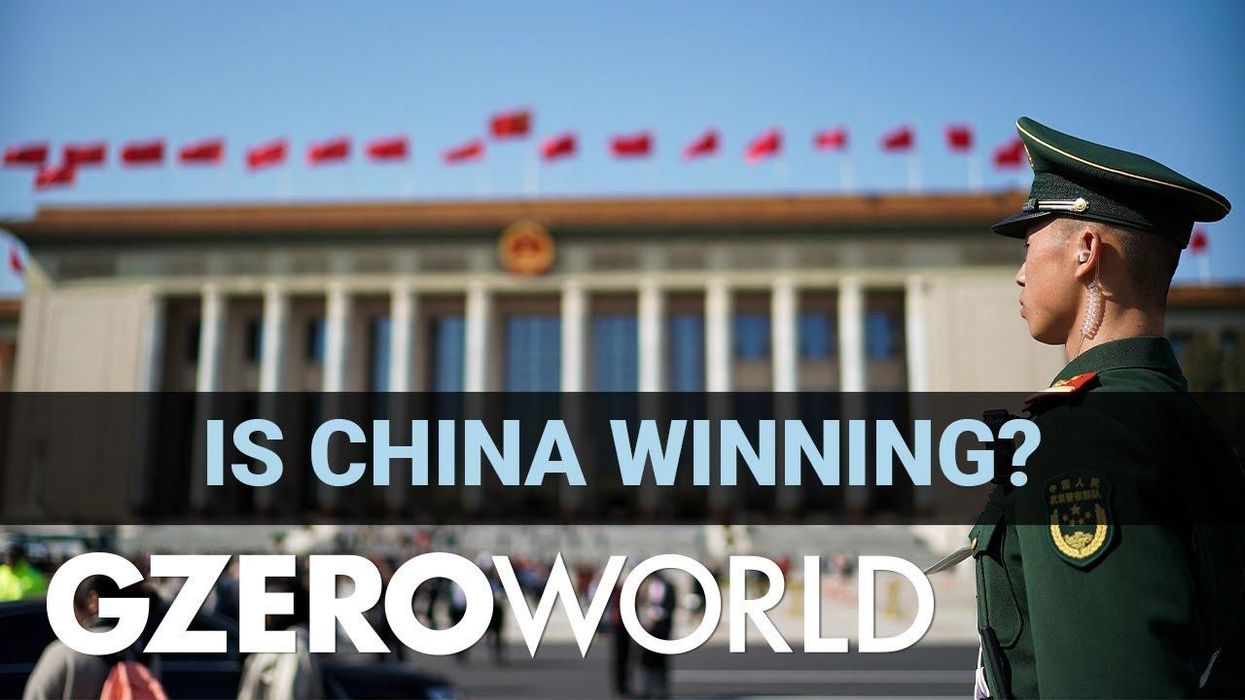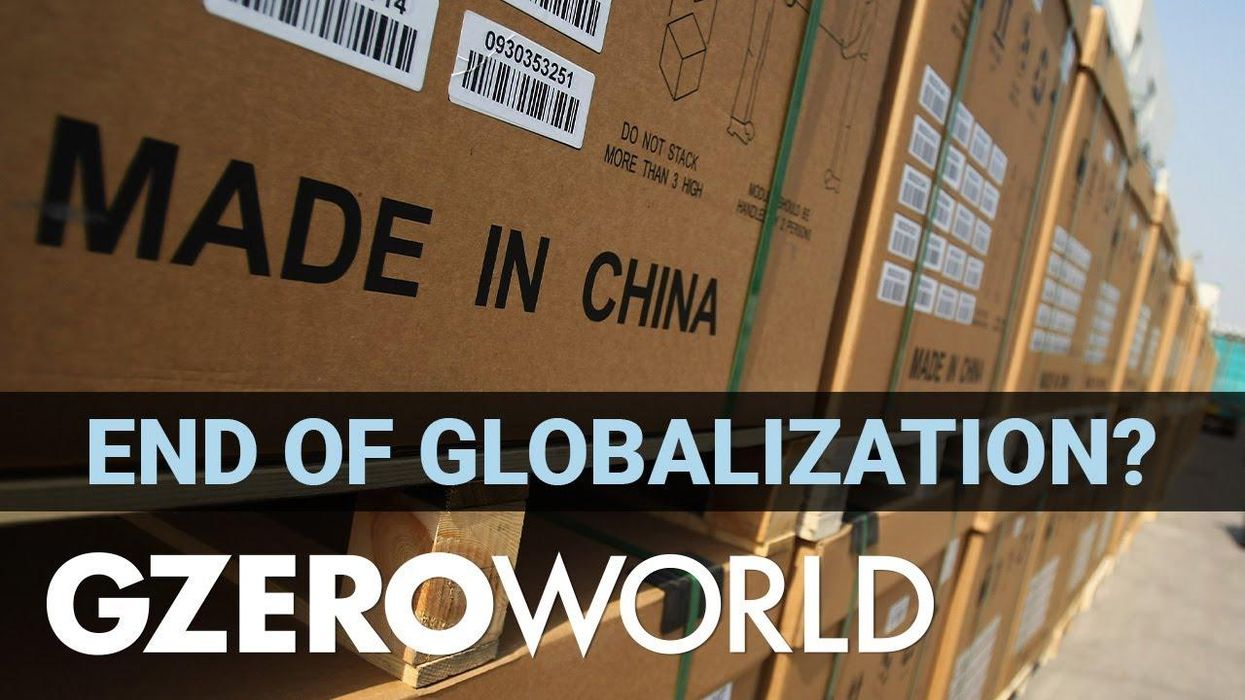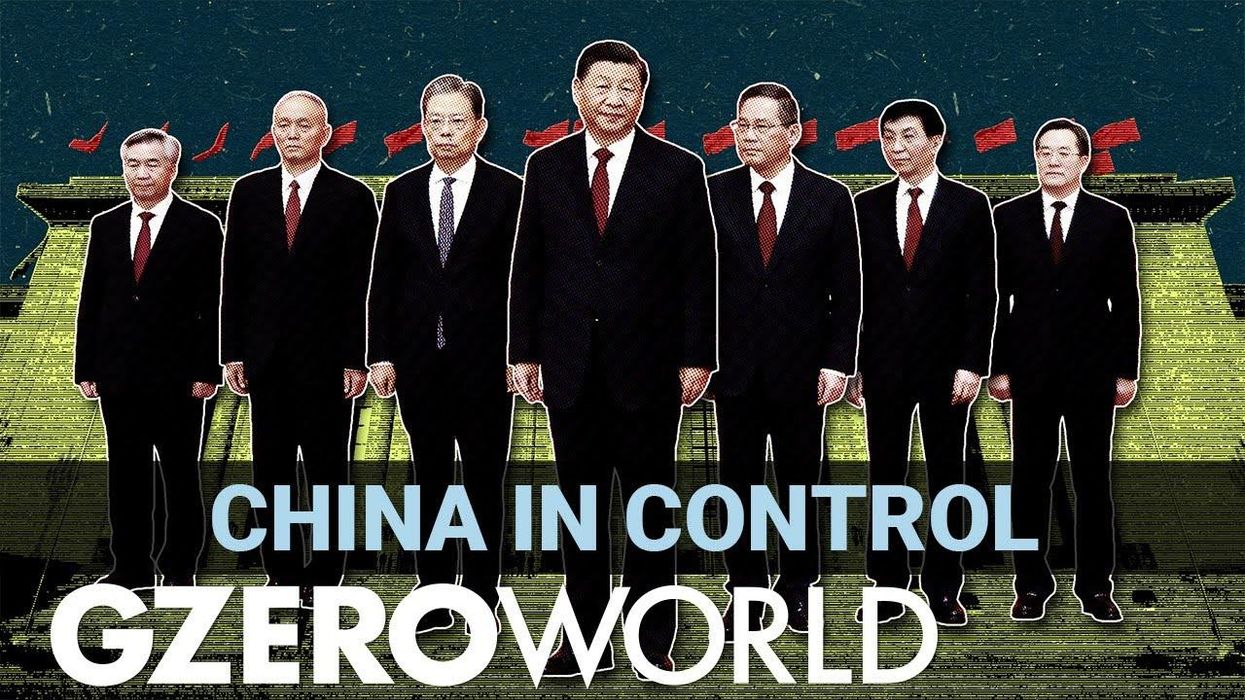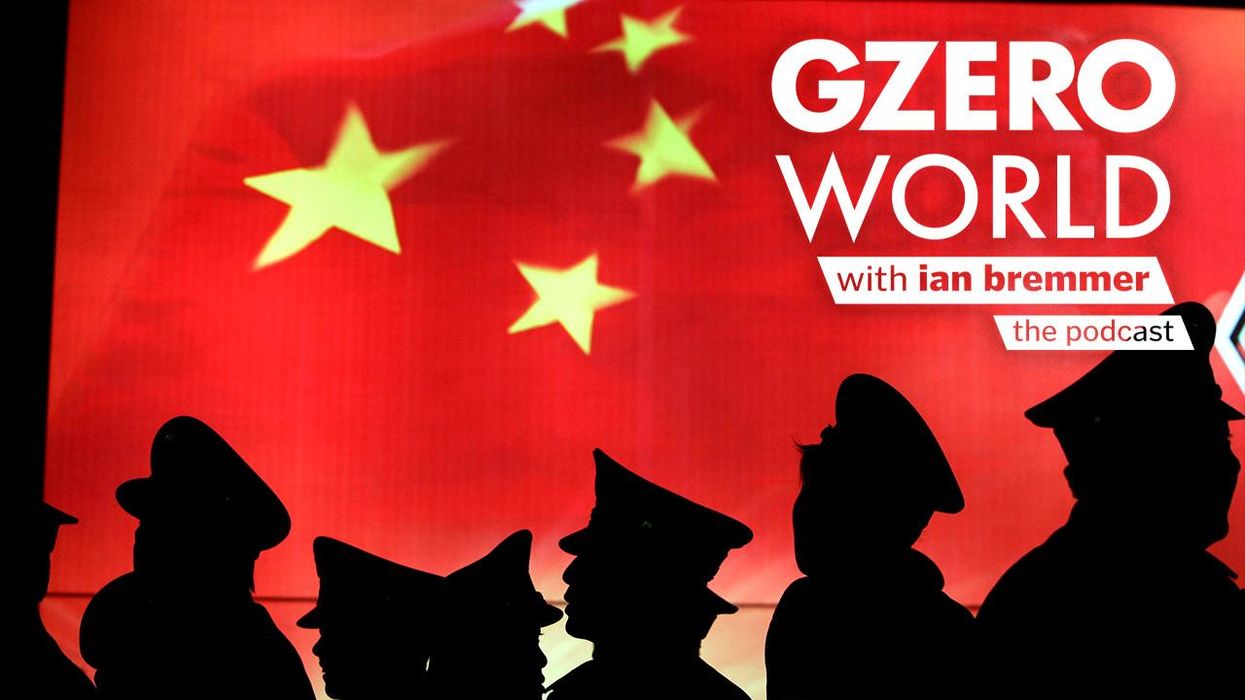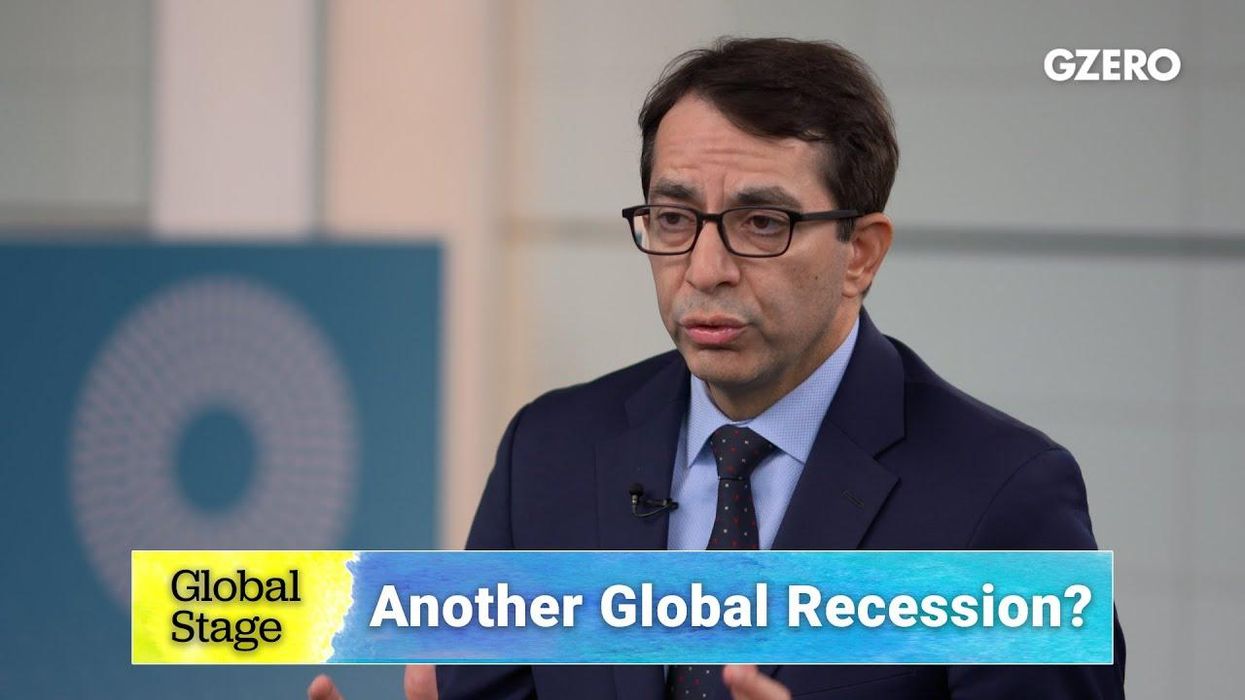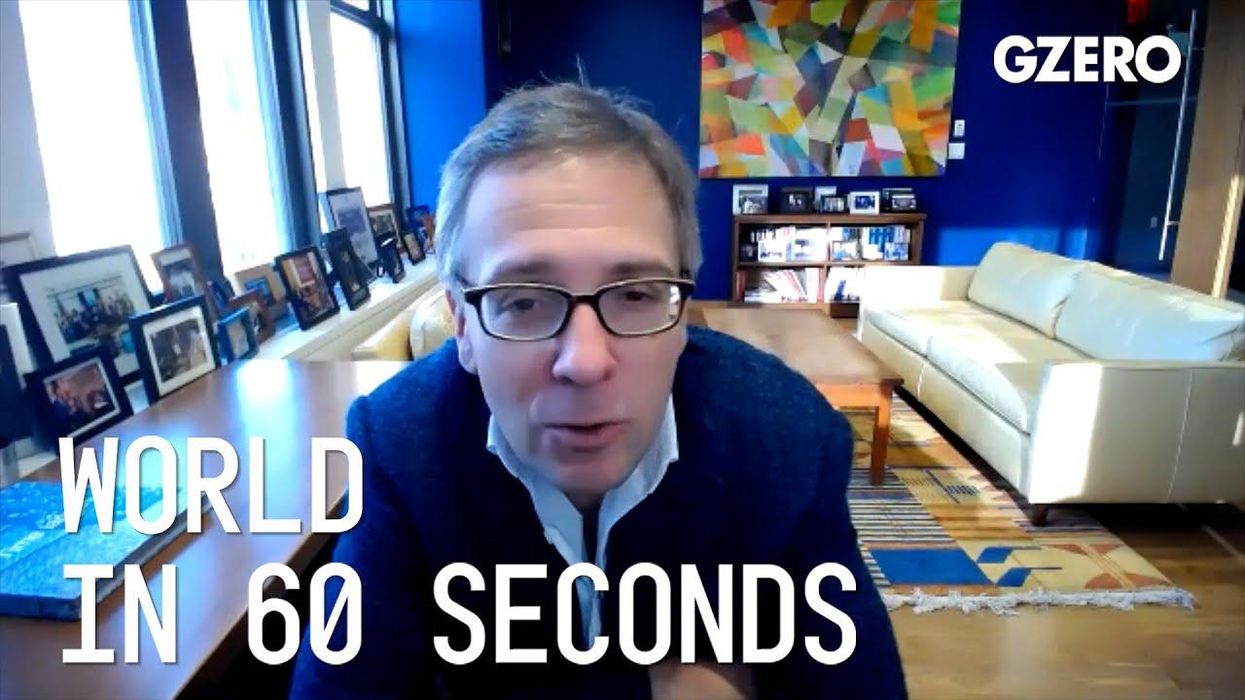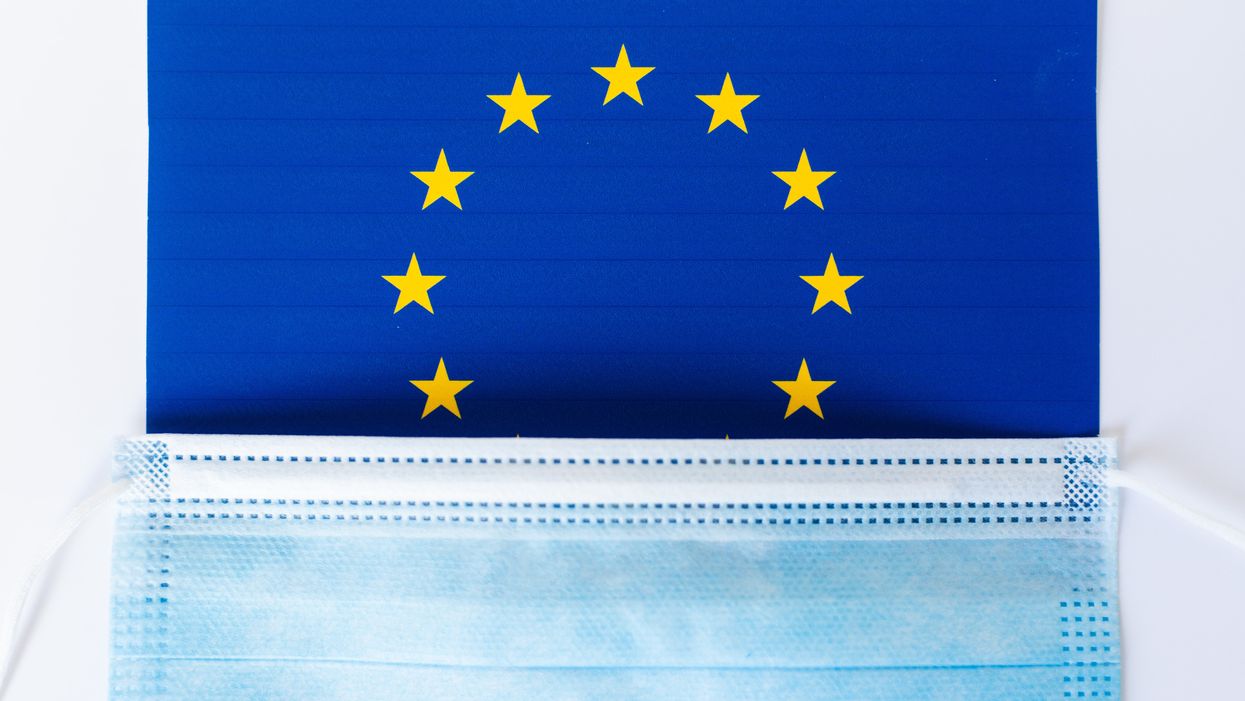Closing the Gap
The digitalization divide: opportunities and challenges in emerging markets
Nearly three-fourths of all new value created by the end of this decade will be rooted in digitalization and digitally enabled business models. This underscores the seismic shift toward a digital-first world. While the prospects of this digital revolution are promising, Alexis Serfaty, director of geotechnology at Eurasia Group, highlighted a stark reality: Over 2.5 billion people still lack access to the Internet, effectively excluding them from the digital economy.
Sep 30, 2023
